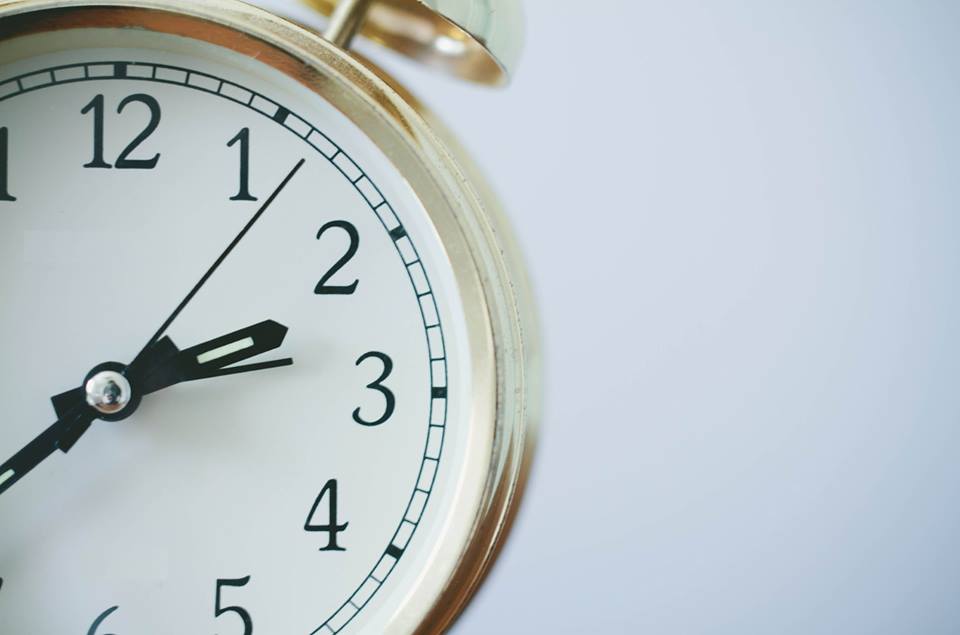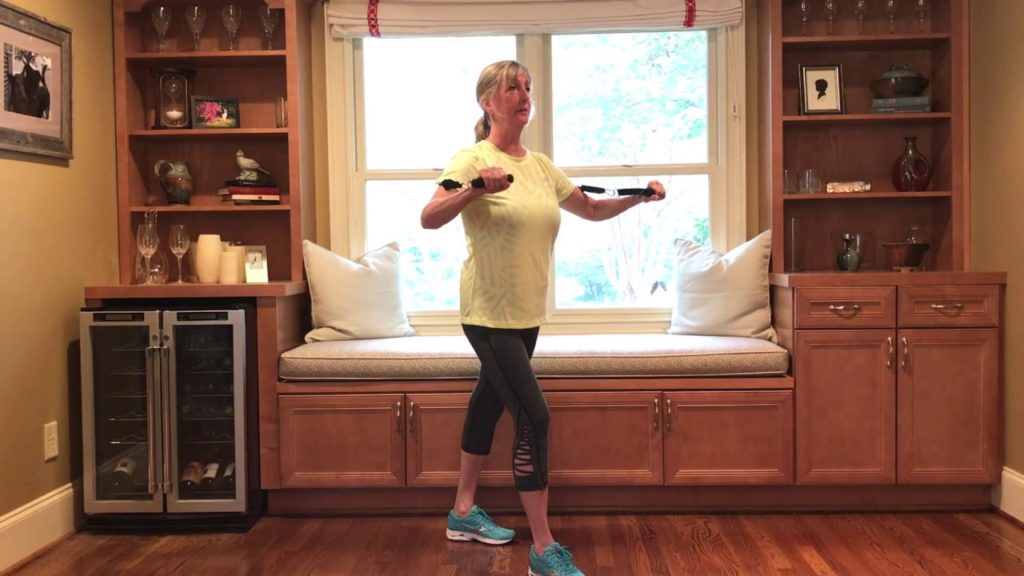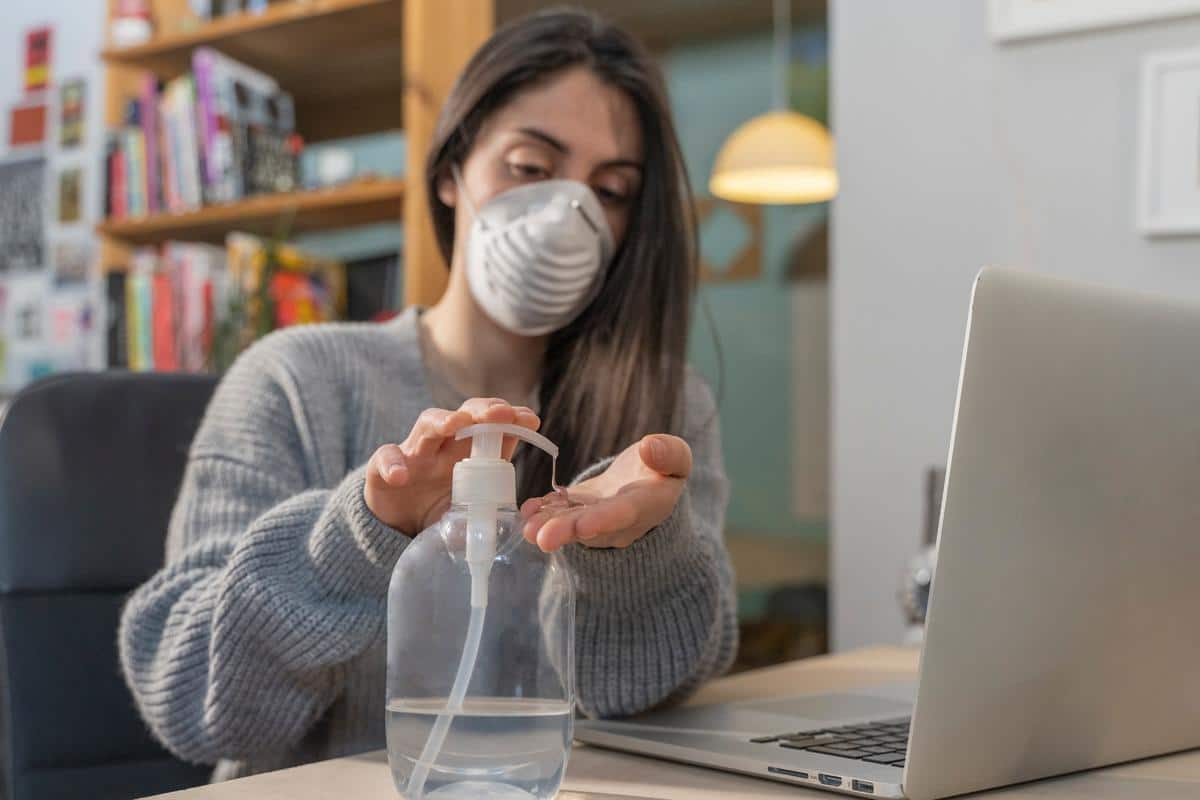The period is what it is, and the needs are what they are. It is time to all stay home and wait for better developments until the coronavirus will not be eradicated.
For some people, the idea of a quarantine is good enough to seem like some kind of strange dream come true. For others, the idea of being cut off from the outside world, alone or with a few close family members, is a source of pure terror. Ask quarantine advice to any parent (I don't know, like ME) who has to entertain small children at home on a gloomy afternoon, and above all has a psychotherapist wife.
When people are stuck at home for long periods of time, they can feel like they are going crazy.
Studies based on observations of actual or simulated space missions (or from people living in confined spaces) also suggest that some people may find self-isolation more difficult than others. However, there are some simple tips you can follow to adapt to a “good” quarantine.
Boost your immune system

Research on the effects of loneliness suggests that when people lack social connections they are more likely to suffer from physical health problems.
For example, older adults who cannot leave home due to reduced mobility are more susceptible to diseases, such as heart disease. Several studies have found that polar research crews they may suffer from reductions in their immune systems. The good news is that the self-isolation period needed for coronavirus should not result in marked changes in the functioning of the immune system.
However, during quarantine it may be a good idea to try to improve your immune response. Exercise and taking enough vitamins can help here (although contrary to what some internet sources say, they ARE NOT a cure). Psychologists also believe that listening to upbeat music or watching a movie can boost your immune function.
Plan your day

For some people, quarantine could lead to some mild mood, or even mental health, issues. We know from people who spent a winter at a polar research station that medium- or long-term isolation may be linked to psychological problems. A study found that more than 60% of mission crews reported feeling depressed or anxious; and almost 50% felt more irritable and had problems with memory, sleep and concentration.
Obviously, coronavirus self-isolation will not be as extreme or long as those exposed to an arctic winter and so the impact on mental wellbeing will likely be much less extreme. But some people who self-isolate may have difficulty with sleep (insomnia), feelings of restlessness or sadness, or start to feel unmotivated. To combat these problems, one tip for a quarantine that is as peaceful as possible is to maintain a structure for the day. Having a set schedule for meals and bedtime can help you stay on track. Planning activities and setting goals can also help you motivate yourself and stop feeling down.
Maintain social contact

An obvious reason why isolated people may feel depressed or anxious is that they cannot draw on the support of friends and families. They have less help to deal with the difficult situation and share their concerns. Studies also suggest that without such social support, people may turn to negative compensatory strategies (such as drinking more alcohol). So among the tips for a good quarantine is to stay in touch with your social fabric. This can be as simple as phoning a friend for a chat, sending someone an email or joining a discussion via social media. Reaching out to a friend improves your mental health much more than drinking a glass or two of wine in an attempt to block out your worries.
Avoid conflicts

In some cases, quarantine is done at home with a small group of people, whether they are family members or friends. This may limit loneliness, but it can present other challenges, such as the possibility of quarrels. Even those we love very much can get on our nerves when we stay at home for a long time.
The cosmonaut Valentine Lebedev, who spent 211 days aboard the Mir space station, reported that about 30% of his time in space was spent dealing with conflicts between crew members. Increases in group tensions have also been observed at polar research stations. So it's a good idea to try to reduce interpersonal conflicts.
Exercise

Research aimed at reducing conflict during space missions has suggested that exercise can counteract the negative effects of a quarantine. More generally, quarantine recommendations include 20 minutes of training per day. They can help lift your mood through the release of endorphins, and reduce feelings of tension.


